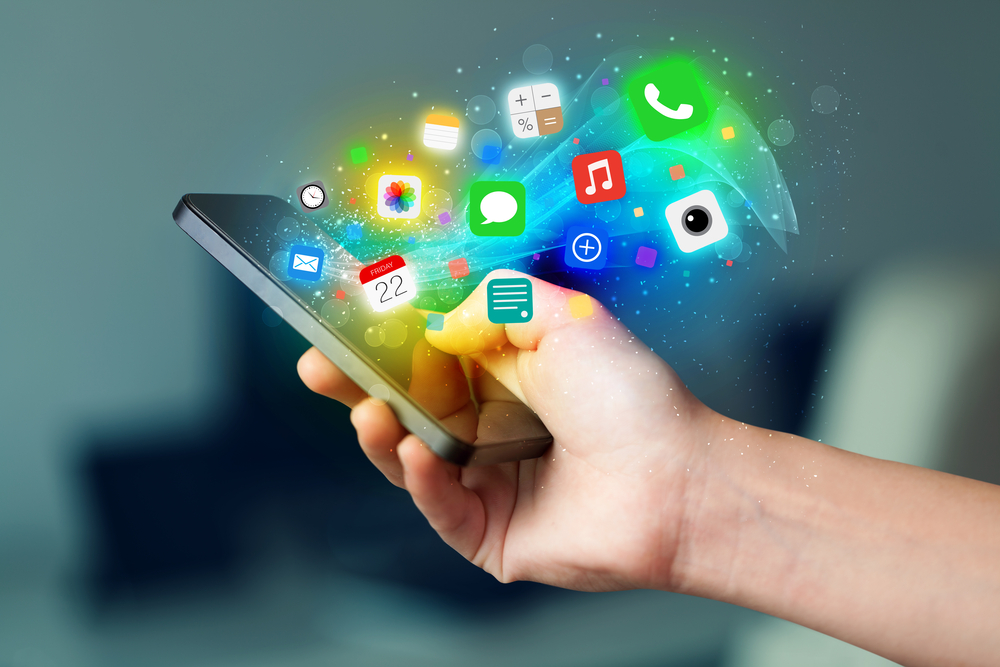#ACTRIMS2019 – MSCopilot App Shows Promise as Self-Monitoring Tool
Written by |

MSCopilot, a software device designed for the self-assessment of multiple sclerosis (MS), distinguishes between patients and healthy controls, and potentially could be used in clinical practice for the monitoring of MS disability progression and patients’ response to treatment.
Matthieu Lamy, from Ad Scientiam, the developer of MSCopilot, presented the data at the fourth annual Americas Committee for Treatment and Research in Multiple Sclerosis (ACTRIMS) Forum, Feb. 28–March 2 in Dallas, Texas. Her poster presentation was titled “Digital Self-Assessment for Patients Living with Multiple Sclerosis: Clinical Results of the Mscopilot Multi-Center Study.”
It is challenging for MS researchers and clinicians to assess patients’ wide variety of disease presentation, severity, and symptoms. The current process requires a time-consuming, expensive battery of tests at a hospital or medical center.
The ability to obtain simple biometrics — body measurements and calculations — on a regular basis would provide key information as to how MS patients are progressing and responding to treatment.
MSCopilot is an app for MS patients that enables self-assessment anywhere (e.g. at home, the gym) between each clinical consultation. It adapts standard tests that neurologists use to evaluate progression of the disease.
“We have been working with neurologists and physical therapists to develop a tool for patients with MS to assess, at home, the evolution of their symptoms instead of going to the clinic,” Lamy said in an interview. “The idea is to give patients much more frequent and much more precise data points to adapt their treatments faster when they go see their doctors.”
MSCopilot processes data collected by smartphone sensors, and uses algorithms to generate scores for each test, allowing remote monitoring of MS patients by their clinicians. MSCopilot allows patients to perform several tests:
- Walk test: measures walking distance and other parameters;
- Arm dexterity test: measures fine motor skills by having the patient draw lines on a screen;
- Cognition test: measures attention span and processing speed;
- Low-contrast vision test: measurement of low-contrast visual acuity.
To show the usefulness of MSCopilot in a clinical setting, 116 MS patients and 69 healthy controls tested the app. The study took place at several clinical centers in France.
Participants were evaluated with MSCopilot and the clinical standard tool Multiple Sclerosis Functional Composite (MSFC) — a three-part standardized exam used in MS studies.
Results showed that the MSCopilot was not inferior to MSFC in discriminating MS patients from healthy controls. No significant difference was found between the two tools.
“We demonstrated that [MSCopilot] has the capacity to discriminate MS patients as efficiently as MSFC, with very robust test results,” Lamy said.
MS patients reported that they preferred to use the MSCopilot (68%) over the standard MSFC. A vast majority of the participants (84%) felt that MSCopilot could improve disease management; 87% thought they would easily use MSCopilot at home, and 85% would use it at least once a month.
With the app, patients can become more actively involved in management of their MS, and can more easily track and discuss symptoms with their neurologists, Lamy said.
The team reported that “strong correlations between digital and standard scores were found,” and that “the non-inferiority of MSCopilot’s ability to discriminate MS patients from healthy controls versus MSFC and patients’ acceptability were demonstrated.”
Overall, the “results suggest that MSCopilot could be used in clinical practice for the monitoring of MS disability progression,” Lamy said.
MSCopilot is a CE-marked, Class 1 medical device for MS patients. To log onto MSCopilot, a patient must get an activation code from a neurologist.
“This app is not for fun, it’s a medical software device,” Lamy said. He said the app is very easy to use. Each user has a personal profile, and for each of the four tests the app has “a small tutorial to make sure that the patient understands the right conditions to take the tests. These tutorials were developed with patients, and we continuously review and update them.”
The team is working on getting 510(k) approval for the app as a medical device from the U.S. Food and Drug Administration (FDA).


